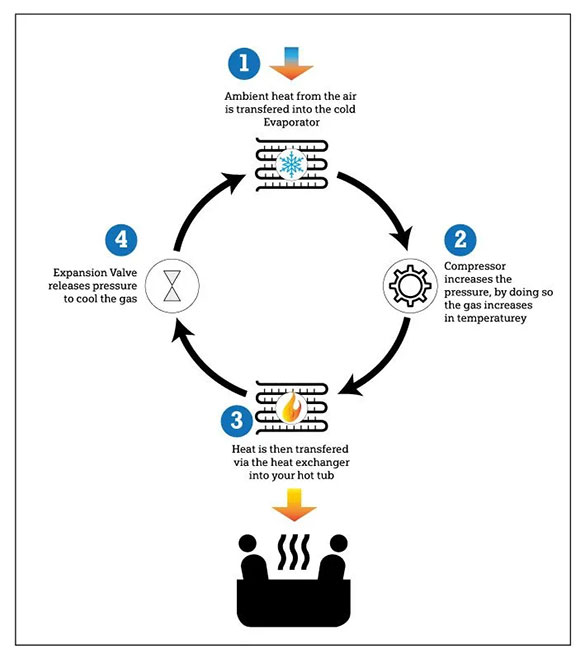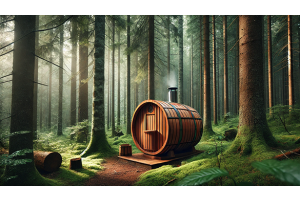If I fit a heat pump to my hot tub will the heater still work?
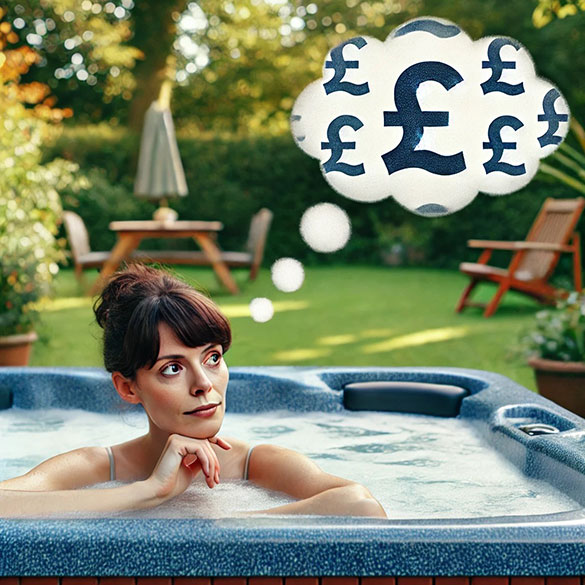
When you install a heat pump for your hot tub, it primarily takes over the responsibility of heating the water. However, the existing electric heater in your hot tub can remain functional and serve as a supplementary heating option. Here's how they can work together:
1. Primary and Backup Heating:
The heat pump can serve as the primary heating source due to its energy efficiency. The existing heater can act as a backup or supplementary heat source. This can be useful in situations where the heat pump alone is unable to reach the desired temperature, such as during very cold weather.
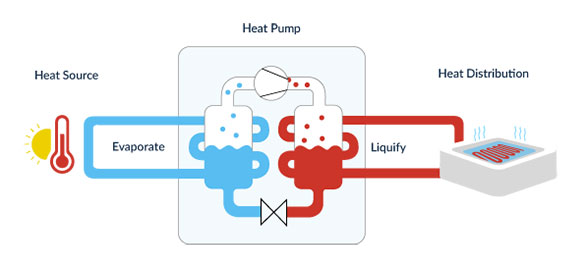

3. System Setup:
When integrating a heat pump, it’s essential to consult with a professional to ensure your system is properly configured.
This ensures that both the heat pump and the existing heating element can function in harmony and that your hot tub's electrical system can handle the added equipment.
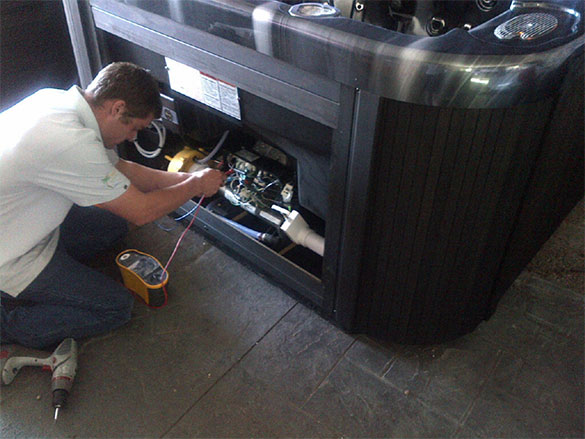

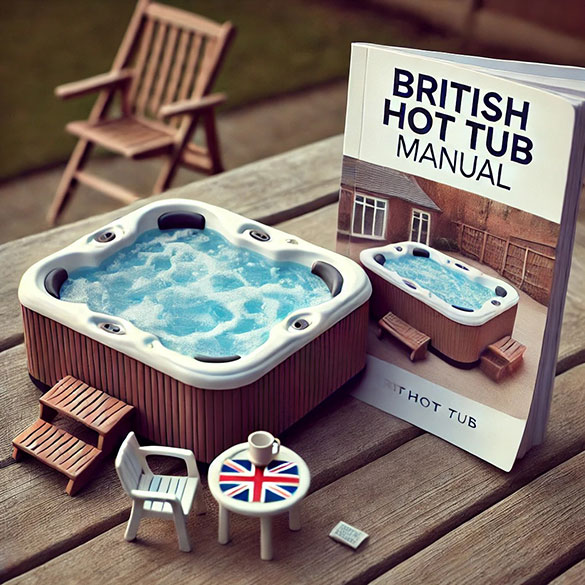

4. Control Systems:
Modern hot tubs can sometimes allow you to control which heating system to use via a control panel.
Check if your hot tub has such capabilities or consider installing additional controls if necessary.
Ultimately, incorporating a heat pump does not typically render your existing heater obsolete; instead, it enhances the heating capacity of your hot tub and allows for more efficient energy use. Be sure to consult with a professional during installation to optimise the setup for your specific hot tub model.

